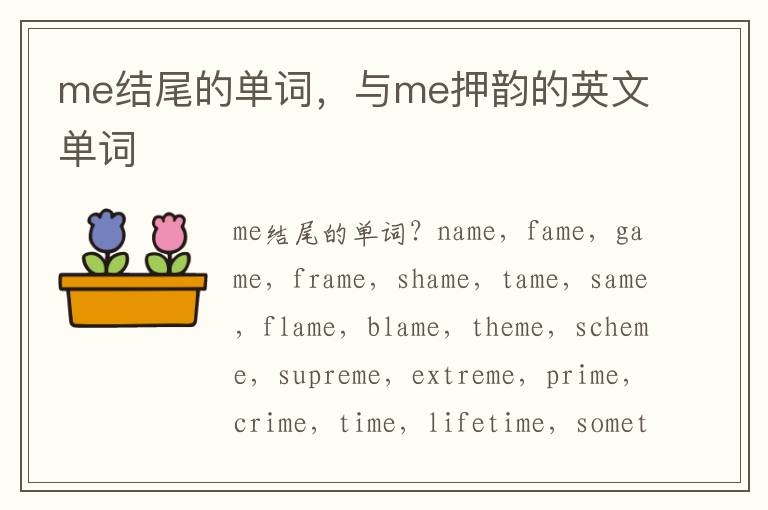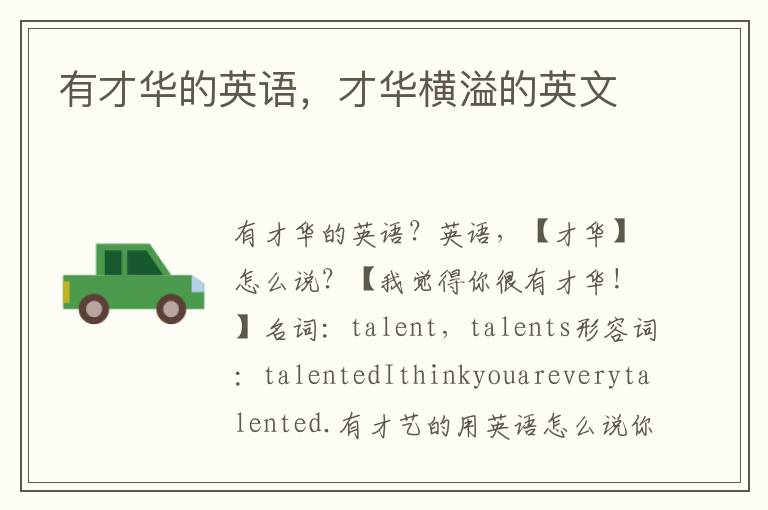【简介】感谢网友“雕龙文库”参与投稿,这里小编给大家分享一些,方便大家学习。
42. Scientists are continually redefining the standards for what is beneficial or harmful to the environment. Since these standards keep shifting, companies should resist changing their products and processes in response to each new recommendation until those recommendations become government regulations.
Discuss the extent to which you agree or disagree with the opinion stated above. Support your views with reasons and/or examples from your own experience, observations, or reading.
The speaker argues that because scientists continually shift viewpoints about how our actions affect the natural environment, companies should not change their products and processes according to scientific recommendations until the government requires them to do so. This argument raises complex issues about the duties of business and about regulatory fairness and effectiveness. Although a wait-and-see policy may help companies avoid costly and unnecessary changes, three countervailing considerations compel me to disagree overall with the argument.
First, a regulatory system of environmental protection might not operate equitably. At first glance, a wait-and-see response might seem fair in that all companies would be subject to the same standards and same enforcement measures. However, enforcement requires detection, and while some violators may be caught, others might not. Moreover, a broad regulatory system imposes general standards that may not apply equitably to every company. Suppose, for example, that pollution from a company in a valley does more damage to the environment than similar pollution from a company on the coast. It would seem unfair to require the coastal company to invest as heavily in abatement or, in the extreme , to shut down the operation if the company cannot afford abatement measures.
Secondly, the argument assumes that the government regulations will properly reflect scientific recommendations. However, this claim is somewhat dubious. Companies with the most money and political influence, not the scientists, might in some cases dictate regulatory standards. In other words, legislators may be more influenced by political expediency and campaign pork than by societal concerns.
Thirdly, waiting until government regulations are in place can have disastrous effects on the environment. A great deal of environmental damage can occur before regulations are implemented. This problem is compounded whenever government reaction to scientific evidence is slow. Moreover, the EPA might be overburdened with its detection and enforcement duties, thereby allowing continued environmental damage by companies who have not yet been caught or who appeal penalties.
In conclusion, despite uncertainty within the scientific community about what environmental standards are best, companies should not wait for government regulation before reacting to warnings about environmental problems. The speakers recommended approach would in many cases operate inequitably among companies: moreover, it ignores the political-corruption factor as well as the potential environmental damage resulting from bureaucratic delay.
42. Scientists are continually redefining the standards for what is beneficial or harmful to the environment. Since these standards keep shifting, companies should resist changing their products and processes in response to each new recommendation until those recommendations become government regulations.
Discuss the extent to which you agree or disagree with the opinion stated above. Support your views with reasons and/or examples from your own experience, observations, or reading.
The speaker argues that because scientists continually shift viewpoints about how our actions affect the natural environment, companies should not change their products and processes according to scientific recommendations until the government requires them to do so. This argument raises complex issues about the duties of business and about regulatory fairness and effectiveness. Although a wait-and-see policy may help companies avoid costly and unnecessary changes, three countervailing considerations compel me to disagree overall with the argument.
First, a regulatory system of environmental protection might not operate equitably. At first glance, a wait-and-see response might seem fair in that all companies would be subject to the same standards and same enforcement measures. However, enforcement requires detection, and while some violators may be caught, others might not. Moreover, a broad regulatory system imposes general standards that may not apply equitably to every company. Suppose, for example, that pollution from a company in a valley does more damage to the environment than similar pollution from a company on the coast. It would seem unfair to require the coastal company to invest as heavily in abatement or, in the extreme , to shut down the operation if the company cannot afford abatement measures.
Secondly, the argument assumes that the government regulations will properly reflect scientific recommendations. However, this claim is somewhat dubious. Companies with the most money and political influence, not the scientists, might in some cases dictate regulatory standards. In other words, legislators may be more influenced by political expediency and campaign pork than by societal concerns.
Thirdly, waiting until government regulations are in place can have disastrous effects on the environment. A great deal of environmental damage can occur before regulations are implemented. This problem is compounded whenever government reaction to scientific evidence is slow. Moreover, the EPA might be overburdened with its detection and enforcement duties, thereby allowing continued environmental damage by companies who have not yet been caught or who appeal penalties.
In conclusion, despite uncertainty within the scientific community about what environmental standards are best, companies should not wait for government regulation before reacting to warnings about environmental problems. The speakers recommended approach would in many cases operate inequitably among companies: moreover, it ignores the political-corruption factor as well as the potential environmental damage resulting from bureaucratic delay.








